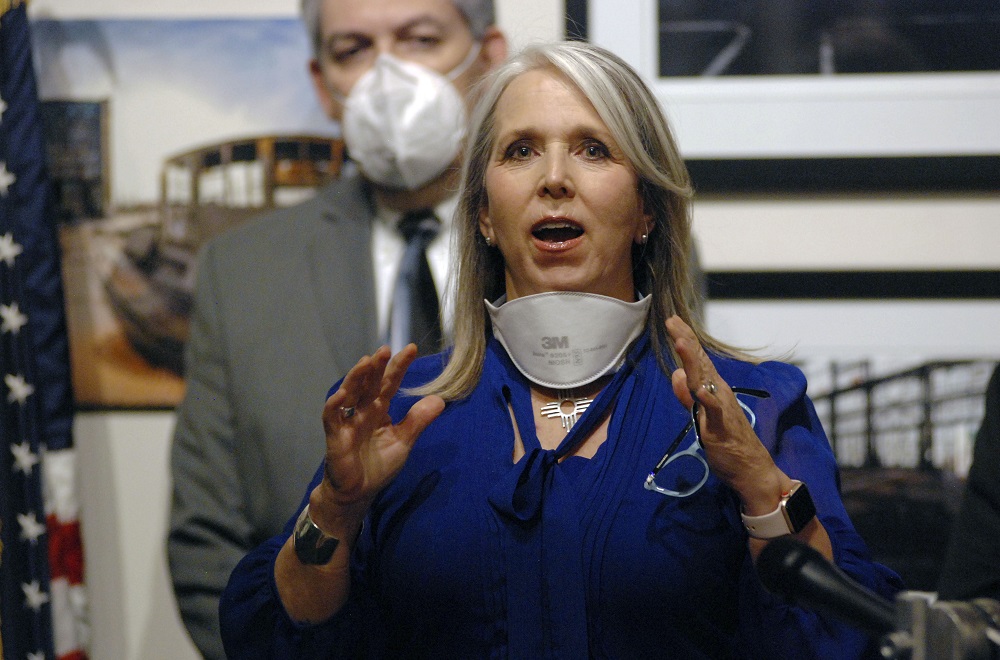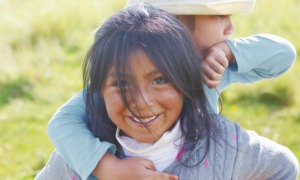ALBUQUERQUE, N.M. – A first round of pandemic aid payments to young adults transitioning out of foster care is expected to go out this month after New Mexico received $1.8 million from the federal government for the program.
Information on the second round of applications—open to New Mexicans aged 21 to 26 who were involved in the state foster care system—will be available on the CYFD homepage in early August, according to the New Mexico Children, Youth and Families Department.
The COVID-19 pandemic assistance funds come via the Supporting Foster Youth and Families Through the Pandemic Act, part of the $2.3 trillion Consolidated Appropriations Act of 2021. U.S. Congress enacted the law, which provides $900 billion in coronavirus pandemic relief, on December 27, 2020.
CYFD also plans on holding roundtable discussions with youth and community providers in August to decide how to distribute some of the federal monies.
“We want to get input on how to use some of that funding so it’s not a one-sided decision,” said Emily Martin, CYFD acting program deputy director for protective services. Martin said the state wasn’t required to match the federal stimulus payment.
CYFD said the organization has financially served former foster youth throughout the coronavirus pandemic. Young people who transitioned out of the system and were receiving a monthly stipend from CYFD have also gotten an additional $175 a month since April 2020.
Charlie Moore-Pabst, a spokesperson for CYFD, explained that the additional money comes from a temporary 6.2% federal medical assistance percentage (FMAP) rate hike that began in March 2020. The temporary rate hike was made possible by Former President Donald Trump’s emergency invocation of the Stafford Disaster Relief and Emergency Assistance Act of 1988, which is scheduled to end September 30, 2021.
“Rather than use this increase for internal spending, CYFD chose to distribute the funds to our kids in care to assist families during this difficult time,” Moore-Pabst said.
Moore-Pabst said CYFD provided approximately $4,000 in cell phone and data cards and partnered with Heart Gallery Foundation and the Junior League to distribute hygiene items, diapers, and wipes to eligible youth, including young parents.
Moore-Pabst said that there weren’t any interruptions or delays to the distribution of funds for the Chafee Foster Care Independent Living Program, which supplies housing vouchers, and the Education Training Voucher (ETV) Program, which provides post-secondary education grants.
“Our philosophy during the pandemic has been to get our families and kids more cash, because that’s what they need,” said CYFD Cabinet Secretary Brian Blalock.






























